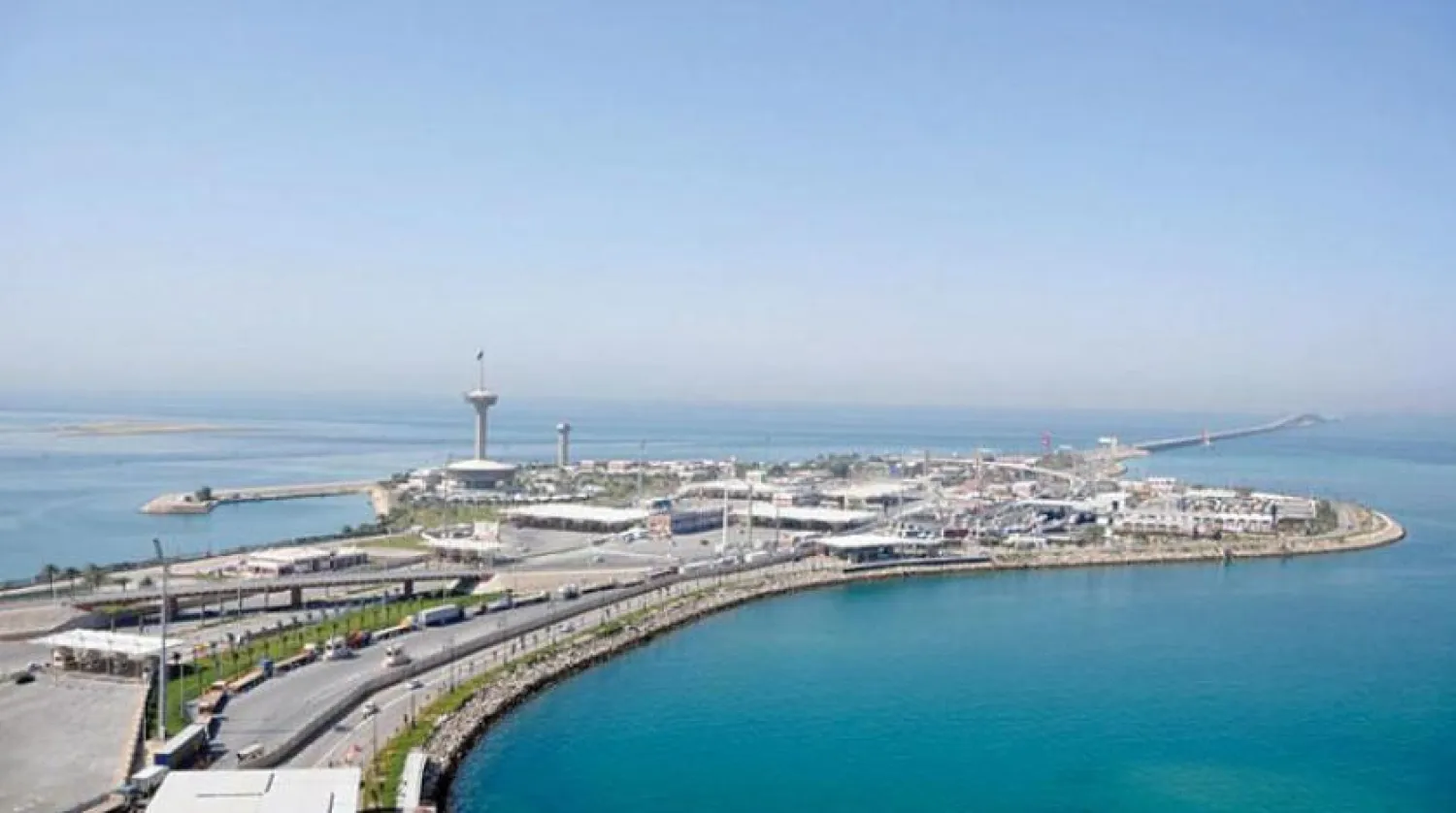The Saudi Cabinet has recently approved a joint customs cooperation agreement between the Zakat, Tax and Customs Authority in the Kingdom and its counterpart in Bahrain. The deal recognized the authorized economic operator program in the two countries and was first signed in Riyadh two years ago.
Reviewed by Asharq Al-Awsat, the agreement facilitates customs procedures at borders for the goods of economic operator program and speeds up clearance at border crossings.
The agreement works to ease customs procedures at the borders for processing goods, whether incoming, outgoing, re-exported, or transiting.
This is bound to enhance the security of the supply chain and improve the exchange of benefits offered to authorized operators.
More so, the agreement stresses the importance of taking efforts made to unify the restrictions procedures between the two parties on all goods into consideration so that commodities pass through ports smoothly.
The agreement will enter into force from the date of the last mutual notification between the two parties through diplomatic channels and will remain in effect for three years.
It will be automatically renewed unless one of the parties expresses their desire to terminate the arrangement.
The Saudi Authorized Economic Operator program is based on the concept of partnership between customs and commercial establishments, and it enhances the security of the global supply chain while at the same time providing more advantages to facilitate trade.
The program is a global standard and is part of the framework agreement on international trade security and facilitation standards at the World Customs Organization since 2005, in addition to being one of the components of the World Trade Organization’s Trade Facilitation Agreement, which entered into force on February 22, 2017.









